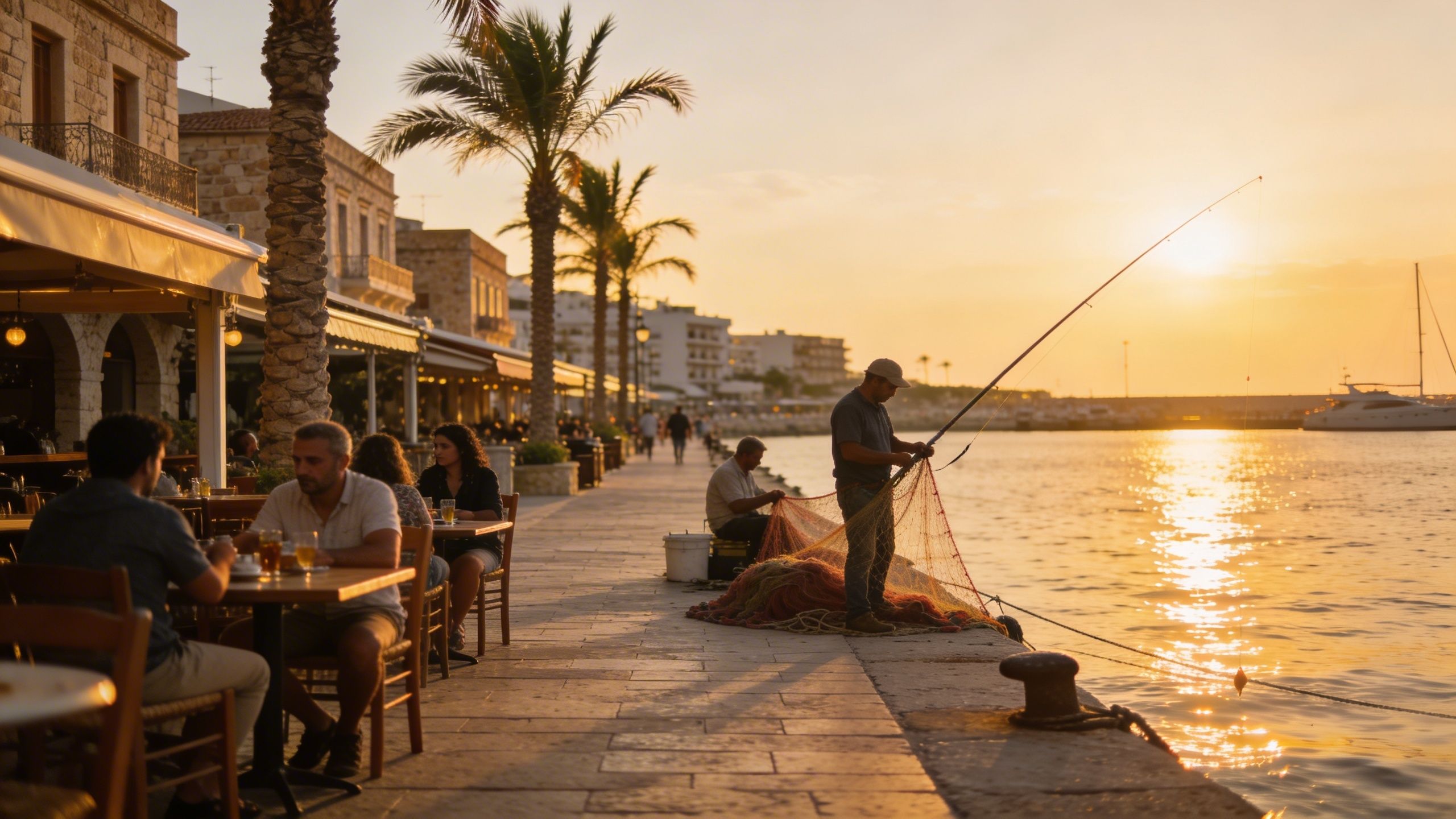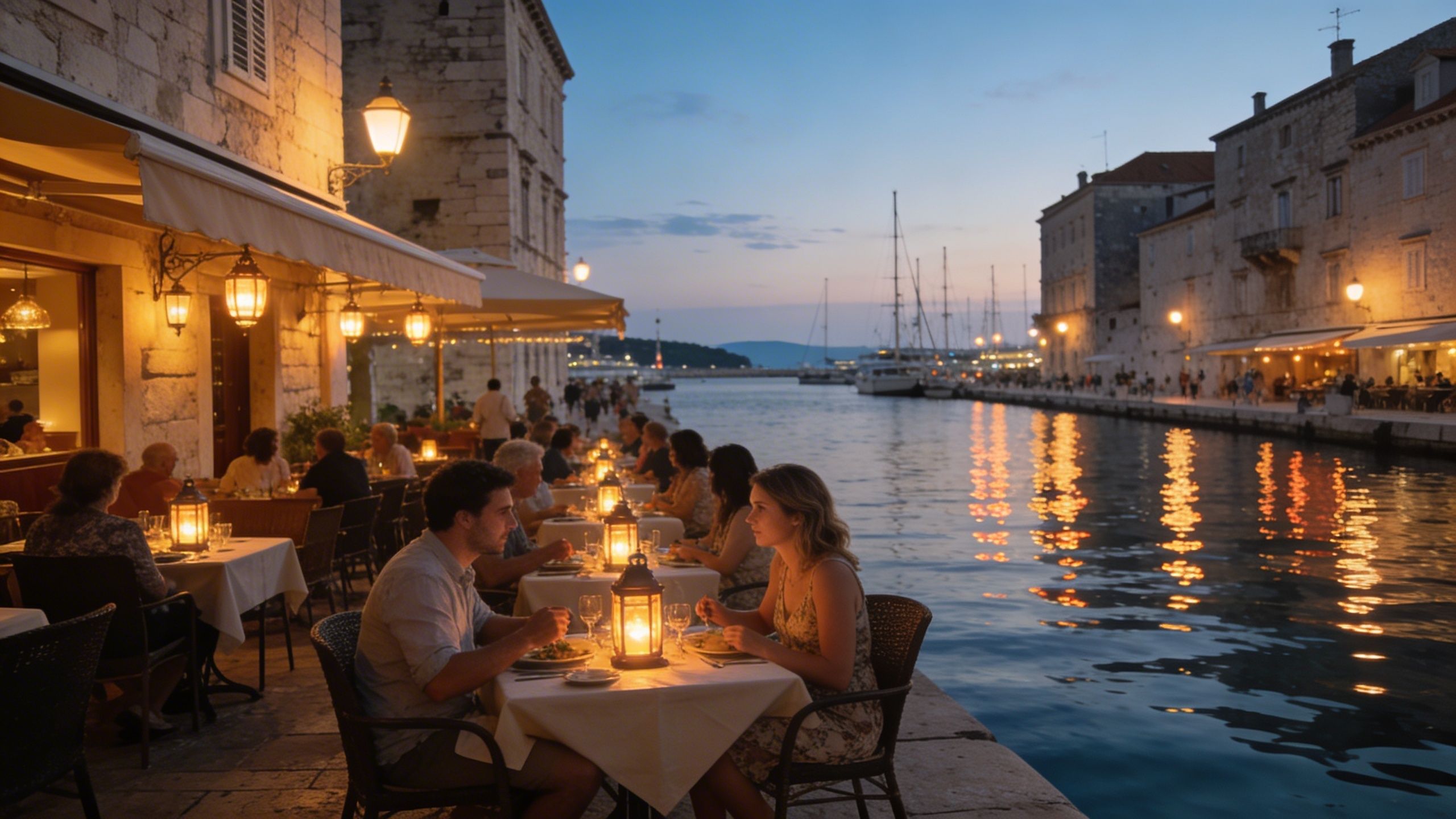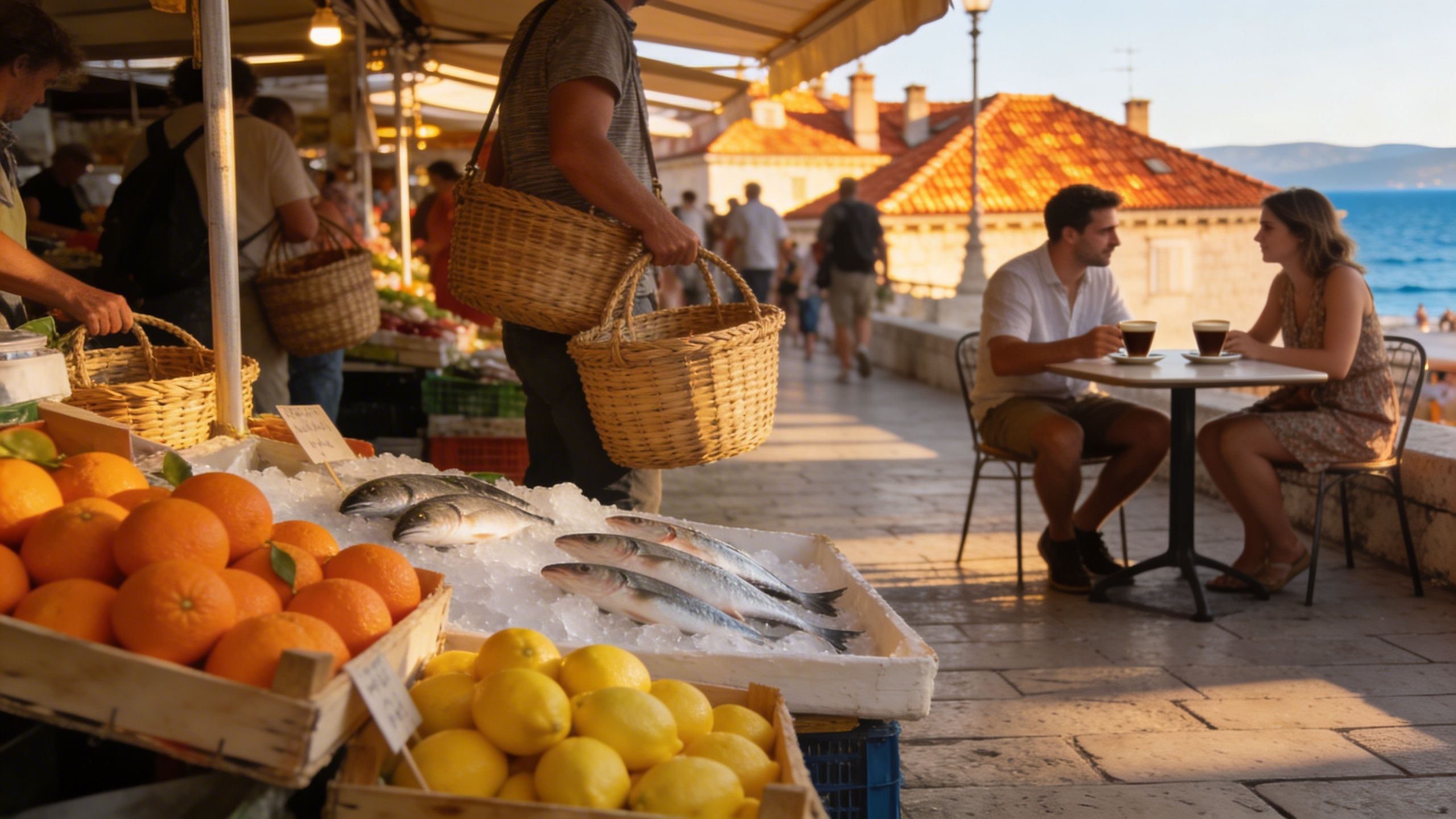Ownership, Taxes and Practical Steps to Buy in Croatia
A refined blend of Adriatic lifestyle and precise legal steps: taxes, reciprocity, notary practice and stewardship essentials every international buyer should know in Croatia.
Imagine a morning in Dubrovnik: the light softens worn stone façades, a barista pulls an espresso as fishermen unload the day’s catch. That tangible rhythm — sea, market, neighbourhood ritual — is what draws many internationals to Croatia. Yet the romance of Adriatic life arrives with precise legal steps: local taxes, reciprocity rules for foreign buyers and notarial formality. Read on for how the lifestyle you crave aligns with the practical steps that secure ownership and stewardship of a Croatian home.
Living the Croatian life
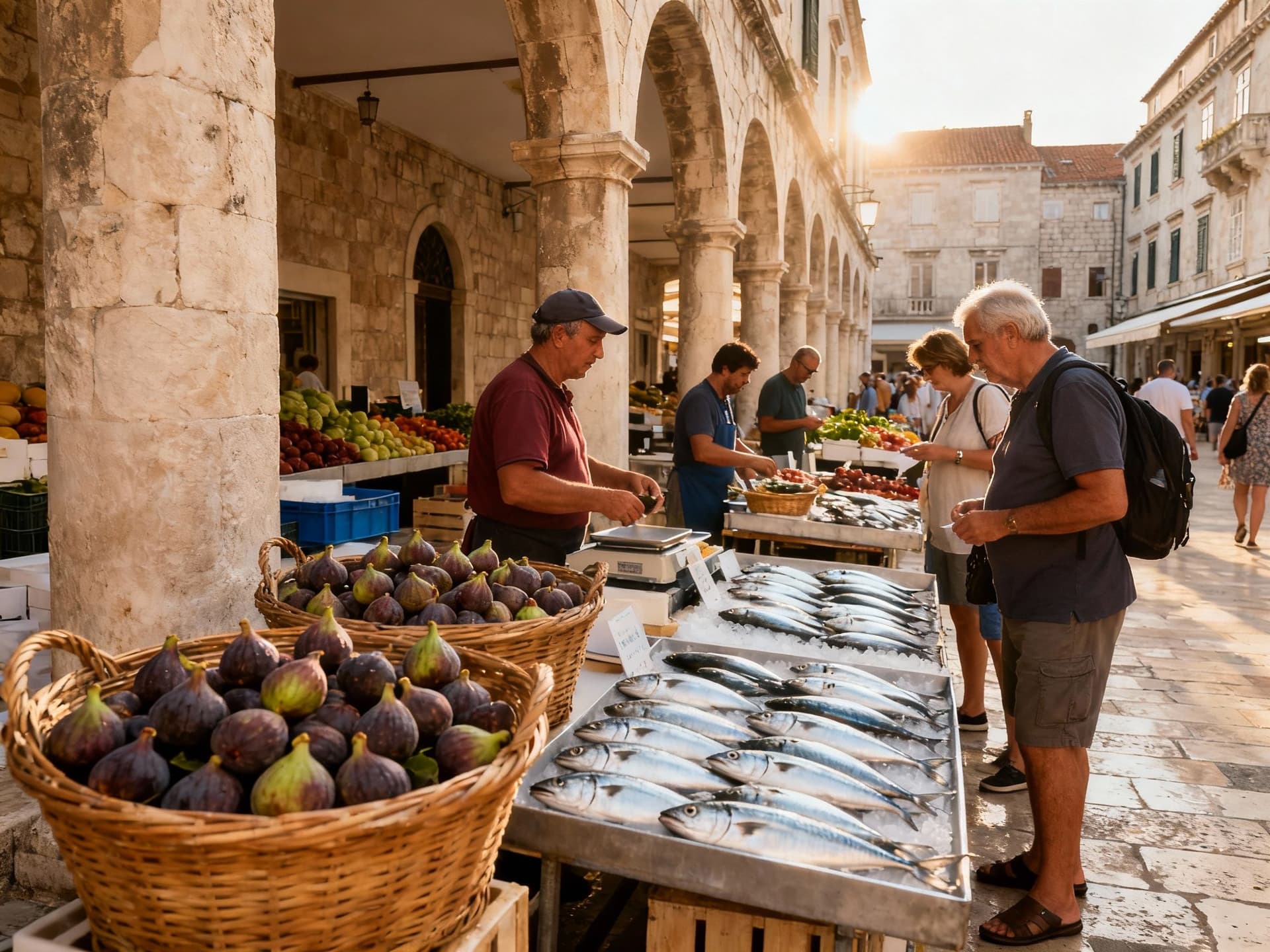
Life in Croatia balances Mediterranean ease with civic order. In coastal towns mornings begin at the market and afternoons drift into seaside promenades; towns such as Split and Šibenik combine Venetian and Austro-Hungarian layers of architecture, while Zagreb offers boulevards, galleries and a quieter domestic rhythm. Seasonal flux is real: the coast hums with tourism in summer and falls into reflective calm in winter, which affects neighbourhood energy and short-term rental dynamics you should consider when choosing location and property type.
Neighborhoods and their characters
Each locale presents a distinct tempo. In Dubrovnik’s Old Town stone alleys and Renaissance palaces create a largely touristic centre, whereas Lapad and Gruž provide residential quiet and marina access. Split’s Diocletian quarter is an architectural treasure with narrow lanes and artisan cafés; the nearby Marjan hill offers woodland walks and panoramic views. On the Istrian peninsula, Rovinj and Poreč blend Italianate charm with a gastronomic culture centred on truffles and Istrian olive oil.
Food, markets and seasonal life
Morning markets are at the heart of social life: fresh fish on Split’s Riva, seasonal produce in Zagreb’s Dolac, and island markets with figs and honey. Dining is often unhurried; konobas serve local wine and slow-cooked stews, while contemporary restaurants explore coastal foraging and Adriatic seafood. These routines shape property needs — proximity to vibrant markets favours town-centre flats, while families seeking gardens look to inland Istria or Dalmatian hinterlands.
- Lifestyle highlights to seek
- Morning market at Dolac, Zagreb; waterfront cafés along Split’s Riva; late‑afternoon swims on Hvar or Brač; Istrian wine routes and truffle festivals; island ferry schedules that shape weekend life.
Making the move: practical considerations
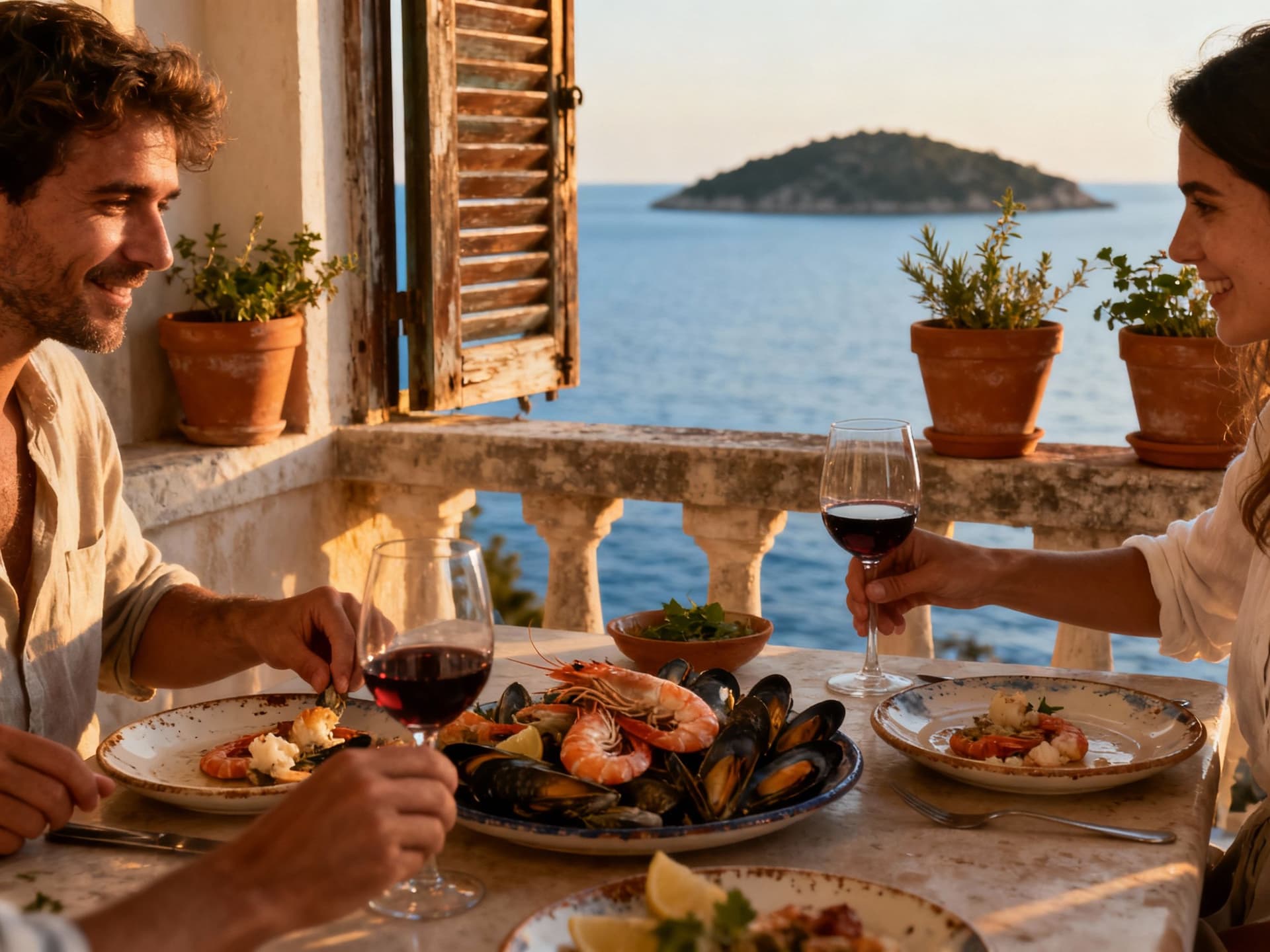
The emotional pull of a place should meet a clear legal pathway. Foreign nationals often must secure reciprocity-based permission or satisfy corporate ownership routes; these procedures are administered by Croatian authorities and, for non‑EU buyers, may require formal approval. Notarial certification, land registry updates and tax notifications follow in a regulated sequence that both protects the buyer and certifies title — a rhythm best navigated with experienced local counsel.
Taxes and typical fees
Most resale purchases incur a real estate transfer tax of 3% of market value, while new builds sold by VAT-registered developers attract 25% VAT instead of the transfer tax. Expect notary and land registry fees, possible lawyer retainers, and local taxes that vary by municipality. Recent policy shifts have focused on property taxation reform to discourage short-term vacancy and speculative hoarding; such proposals affect holding costs and local rental markets and warrant attention when modelling returns.
Property types and what they mean for living
A restored stone townhouse in an old town offers immediate architectural provenance and proximity to markets, but also tourism footfall and seasonal noise. A modern apartment in Zagreb provides year‑round services and schooling options, while a coastal villa yields privacy and outdoor living yet requires maintenance for salt‑air exposure. Match materiality and maintenance needs — stone, lime render, timber joinery — to how you intend to use the property and the level of on‑site stewardship you can provide.
- Steps to secure title and align lifestyle goals
- Engage a Croatian lawyer to confirm title, encumbrances and reciprocity rules; obtain any required Ministry of Justice approvals for non‑EU nationals; instruct a notary to certify contracts and lodge documents with the cadastre; pay transfer tax or confirm VAT treatment; register ownership in the Land Registry and update municipal tax records.
Insider knowledge: what expats wish they’d known
Seasonality alters both daily life and investment profiles. Many buyers underestimate the impact of summer tourism on local services and the desirability of long-term rentals, while others underestimate winter maintenance and the cadence of municipal services in smaller islands. Practical knowledge — ferry timetables, waste collection cycles, and the cost of restoring lime mortar on a historic façade — often proves as decisive as headline taxes.
Integration, language and community
Basic Croatian will smooth everyday life; learning key phrases opens markets and neighbourly exchange in ways English cannot. Expat communities cluster around international schools, marinas and cultural institutions; local cultural centres and konobas remain reliable places to form lasting ties. Approach integration as stewardship: learn civic rhythms, participate in local festivals and respect community practices to become a welcomed homeowner rather than a transient visitor.
Long-term stewardship and investment merit
Think in decades rather than seasons. Croatia’s accession to the EU and ongoing regulatory refinement make it a market where architectural conservation and thoughtful restoration retain value. Evaluate holding costs under recent tax reforms and favour properties with clear title and robust construction. Consider local property management and a trusted legal advisor to protect rental income, preserve fabric and ensure generational transfer is straightforward.
- Red flags and due-diligence checklist
- Unclear cadastral records or missing building permits; ambiguous VAT vs transfer-tax status for the sale; absence of formalised access rights (shared driveways, quayside access); unresolved municipal tax or utility arrears; sellers unable to demonstrate reciprocity clearance when required.
If you imagine afternoons on a terrace listening to church bells or evenings at a konoba tasting olive oil from a neighbouring farm, those are attainable rhythms. The path from daydream to deed is composed of particular legal steps and attentive local partners. Engage a lawyer, verify tax treatment early, and choose an agency that understands both the architectural qualities you prize and the municipal realities that preserve them. With careful stewardship, a Croatian property can reward with both daily grace and enduring value.
Norwegian with years in Florence guiding clients across borders. I bridge Oslo and Tuscany, focusing on legal navigation, cultural context, and enduring craftsmanship.
